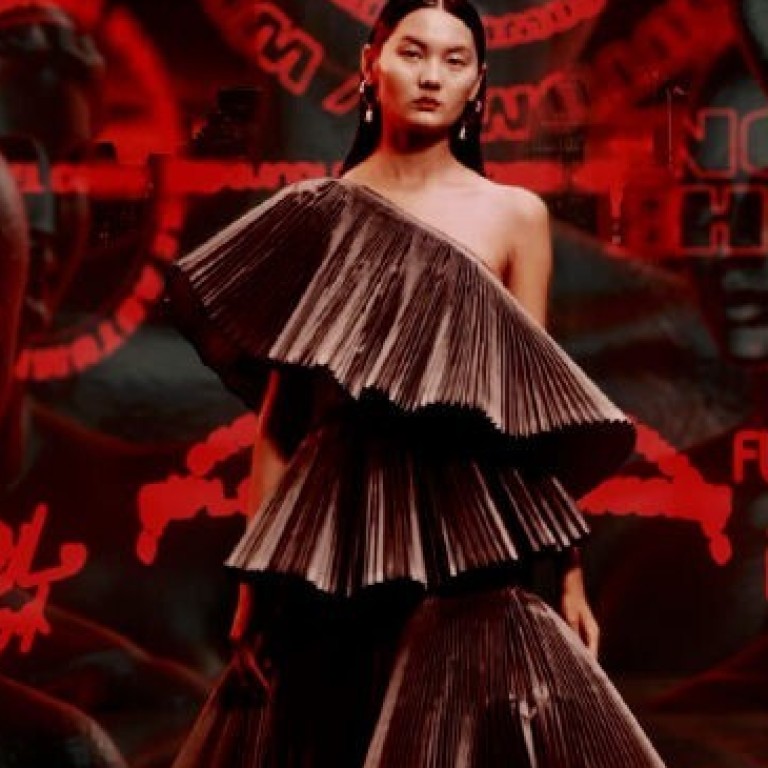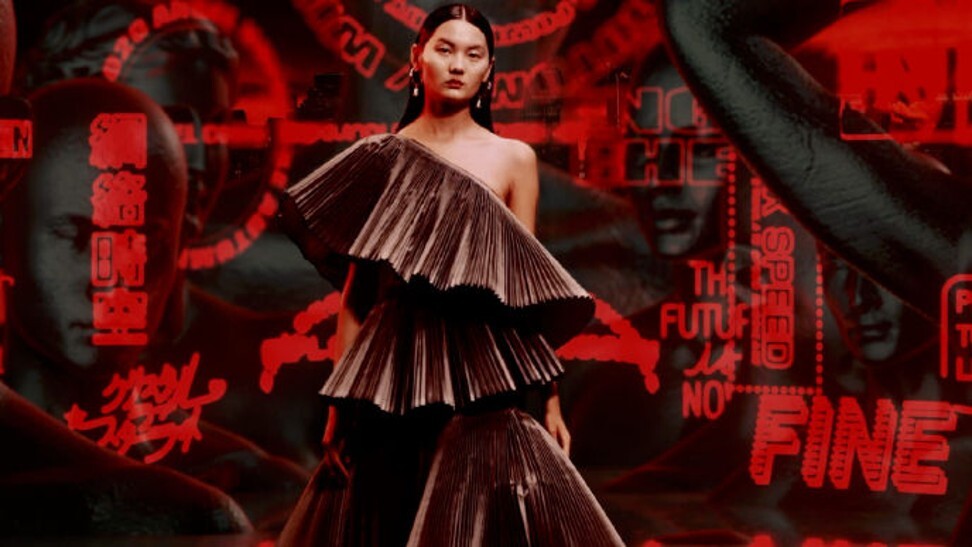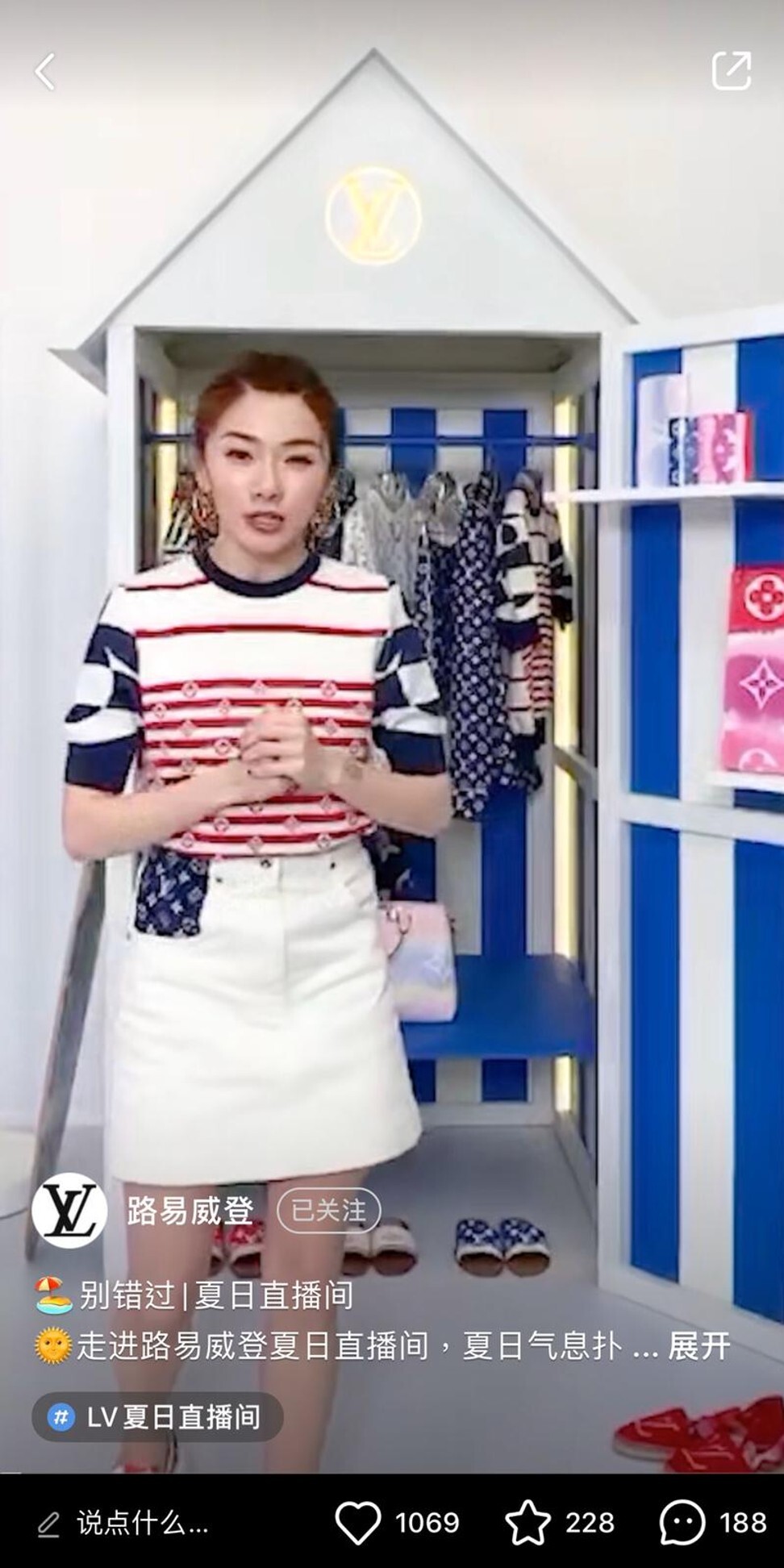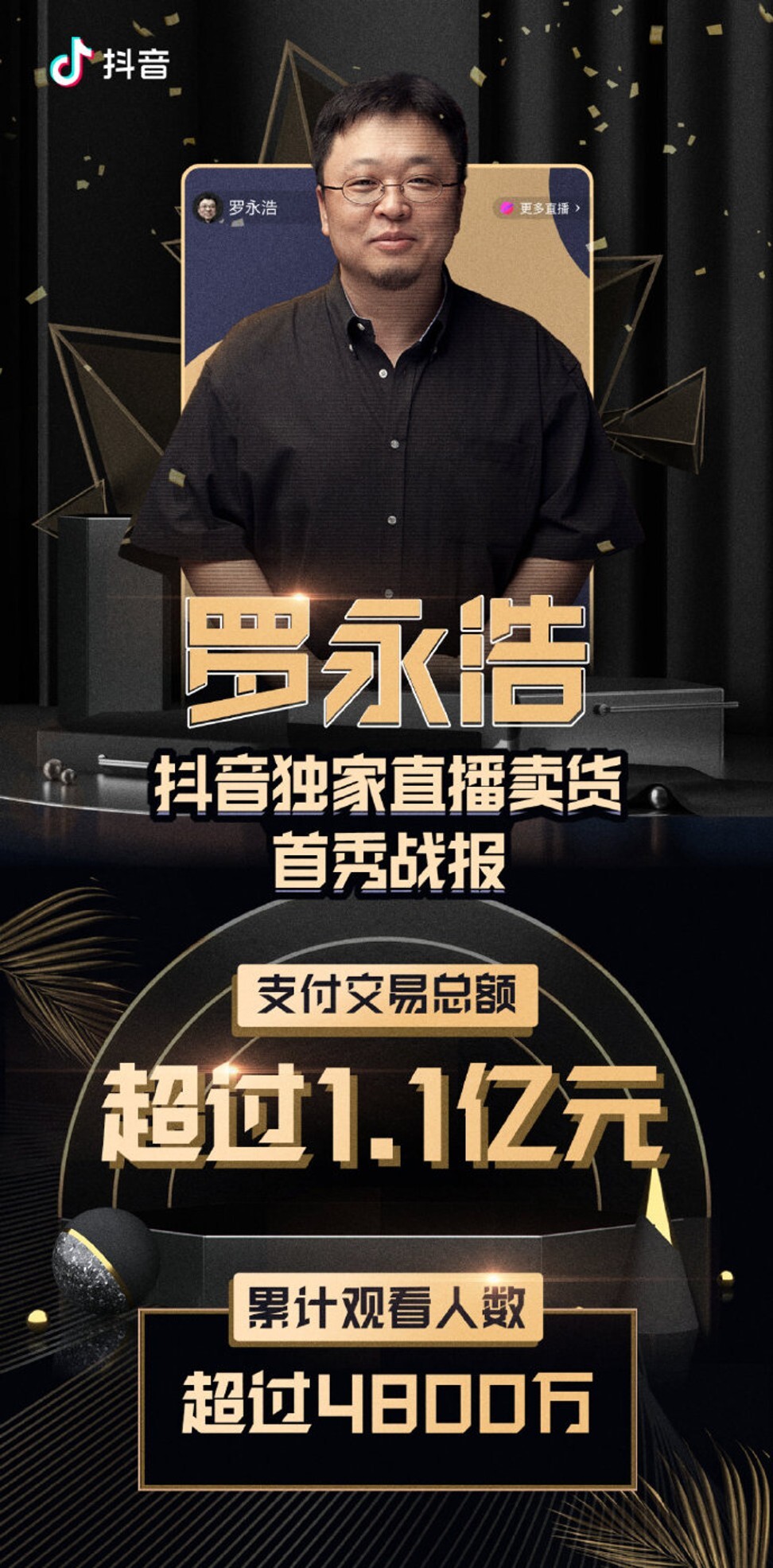From Louis Vuitton’s live streams to Shanghai Fashion Week with Tmall: how the luxury sector in China adapted to the coronavirus pandemic

Partnering with Tmall, the first digital Shanghai Fashion Week went out with a bang on March 30. During a seven-day event running from March 24 to March 30, more than 150 brands and more than 10 buyer shops and platforms joined the e-commerce extravaganza. STYLE takes a look at the winners as fashion labels jump on the live streaming bandwagon in China, and examines who is trending for the wrong reasons.
Fashion Week on Cloud, is it image-driven or sales-driven?
In the first three hours since the kick-off only, more than 2.5 million viewers joined the online fashion fest – a mixture of virtual fashion shows, e-commerce live streams and panel discussions.
Shanghai-based PR consultant and model Qiu Bohan, who took part in a few of the live-stream sessions during the SHFW, says it was a great experiment to engage with the audience in the digital era.
How China’s luxury sector is engaging with customers from a social distance
Thanks to Taobao’s comprehensive ecosystem from e-commerce live streaming to mobile payment and delivery, the Tmall Cloud Fashion Week enables “see-now-buy-now” for customers, it might have also put designers in a dilemma.
“While the previous [purpose] of fashion weeks was purely about showcasing a fantasy and creativity, in the Tmall channel, however, designers also focused on selling the current collection in a more sales-driven approach,” says Qiu. Qiu, however, pointed out an intricate balance between authentic storytelling and driving sales conversion should be in order. “I hope this live-stream method could stay on but as a [value-add] complementing the main fashion presentation where designers can present their creativity fully,” he says.

Home-grown fashion labels such as Angel Chen and Shushu/Tong seized the opportunity and turned its virtual fashion runways into an outlet of creativity. Chen, for example, who had had to cancel her presentation during Milan Fashion Week in February, recreated the show’s design elements with computer graphic animations for the virtual presentation. Shushu/Tong, instead of e-commerce selling, created a Wes Anderson-esque fashion video circulating the Shushu/Tong girl for the virtual presentation.
Louis Vuitton live streams on Red Book (Xiao Hong Shu)

Digital-savvy French luxury maison Louis Vuitton is the first international luxury brand to host a live streaming session on Little Red Book – the Chinese social media and e-commerce platform. The live stream took place on March 26 and featured two digital influencers sharing styling tips of accessories and ready-to-wear from its LV Escale summer 2020 collection.
Can ‘revenge spending’ save luxury brands in China?
The live stream garnered more than 880,000 views on the platform and was praised for its candid approach to appeal to the younger audience on Red Book. Louis Vuitton now has more than 138,000 followers on the platform which counts more than 300 million users, and 70 per cent of them born after 1990. Other top-tier luxury brands on Xiao Hong Shu include Gucci, Fendi, Dior and Loewe.
Tech entrepreneur Luo Yonghao takes Dou Yin

The Chinese tech entrepreneur and internet sensation Luo Yonghao has taken on an unexpected role as an e-commerce live-streamer. The founder of debt-ridden smartphone brand Smartisan debuted on TikTok, earned 49 million viewers and sold goods worth more than 110 million yuan (US$15,530,581) during a 3.5 hour-long live stream session on April 1, 2020.
Want more stories like this? Sign up here. Follow STYLE on Facebook, Instagram, YouTube and Twitter .

TikTok, Taobao, Shanghai Fashion Week online, LV’s Little Red Book, and other Chinese platforms showcased luxury items and earned millions of dollars